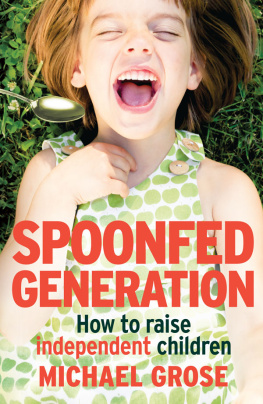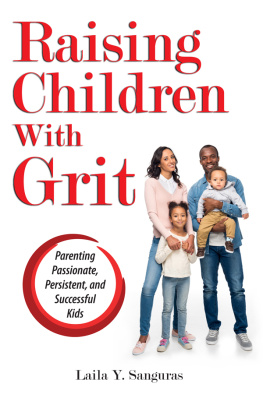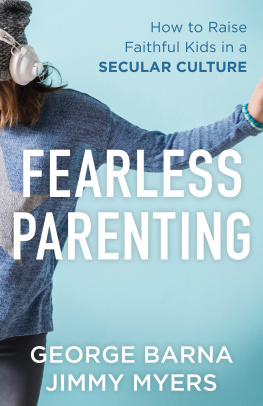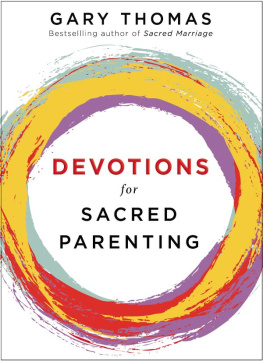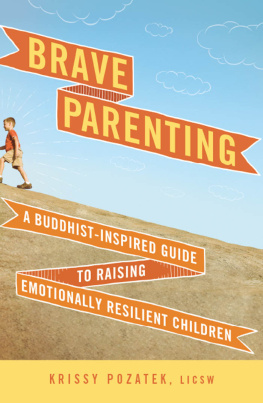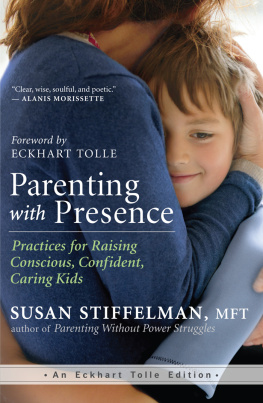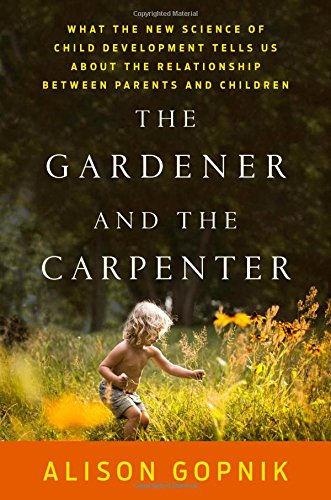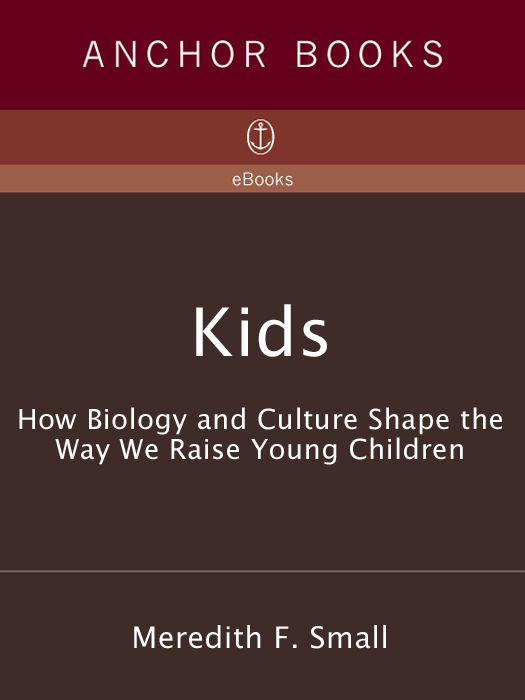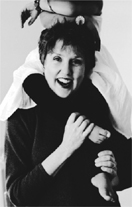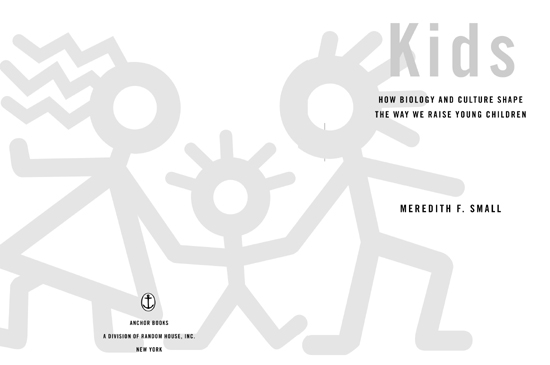Meredith Small - Kids: How Biology and Culture Shape the Way We Raise Young Children
Here you can read online Meredith Small - Kids: How Biology and Culture Shape the Way We Raise Young Children full text of the book (entire story) in english for free. Download pdf and epub, get meaning, cover and reviews about this ebook. year: 2011, publisher: Knopf Doubleday Publishing Group, genre: Children. Description of the work, (preface) as well as reviews are available. Best literature library LitArk.com created for fans of good reading and offers a wide selection of genres:
Romance novel
Science fiction
Adventure
Detective
Science
History
Home and family
Prose
Art
Politics
Computer
Non-fiction
Religion
Business
Children
Humor
Choose a favorite category and find really read worthwhile books. Enjoy immersion in the world of imagination, feel the emotions of the characters or learn something new for yourself, make an fascinating discovery.

- Book:Kids: How Biology and Culture Shape the Way We Raise Young Children
- Author:
- Publisher:Knopf Doubleday Publishing Group
- Genre:
- Year:2011
- Rating:4 / 5
- Favourites:Add to favourites
- Your mark:
Kids: How Biology and Culture Shape the Way We Raise Young Children: summary, description and annotation
We offer to read an annotation, description, summary or preface (depends on what the author of the book "Kids: How Biology and Culture Shape the Way We Raise Young Children" wrote himself). If you haven't found the necessary information about the book — write in the comments, we will try to find it.
While Our Babies, Ourselves explored the physical and cultural preconceptions behind child-rearing and offered new clues to parenting practices that might be detrimental to a babys best interest, Kids delves even deeper. Unraveling the deep-seated notions prescribed in most parenting books, Kids combines the latest scientific research on human evolution and biology with Smalls own keen observations of various cultures for a lively, eye-opening view of early childhood in America. Small not only reveals how children in this age group socialize and absorb the rules that underlie the societies they live in; she also explains the extent to which parents enhance or hold back the emotional and psychological growth of their kids.
In her engaging style, Small blends memorable accounts from her own experiences raising a preschooler with fascinating findings from her pioneering cross-cultural research, which spanned the country as well as the globe. Covering myriad aspects of the miraculous process of human growth, Small breaks new ground on topics such as why childhood is the optimum time for acquiring language skills; how children absorb knowledge and learn to solve problems; how empathy, and morality in general, make their way into a childs psyche; and the ways in which gender impacts identity. Underlying each chapter is an illuminating discussion of how the roles parents assign children in America shape the self-esteem and self-image of a future generation.
Rich with vivid anecdotes and profound insight, Kids will cause readers to rethink their own parenting styles, along with every age-old assumption about how to raise a happy, healthy kid.
Meredith Small: author's other books
Who wrote Kids: How Biology and Culture Shape the Way We Raise Young Children? Find out the surname, the name of the author of the book and a list of all author's works by series.

